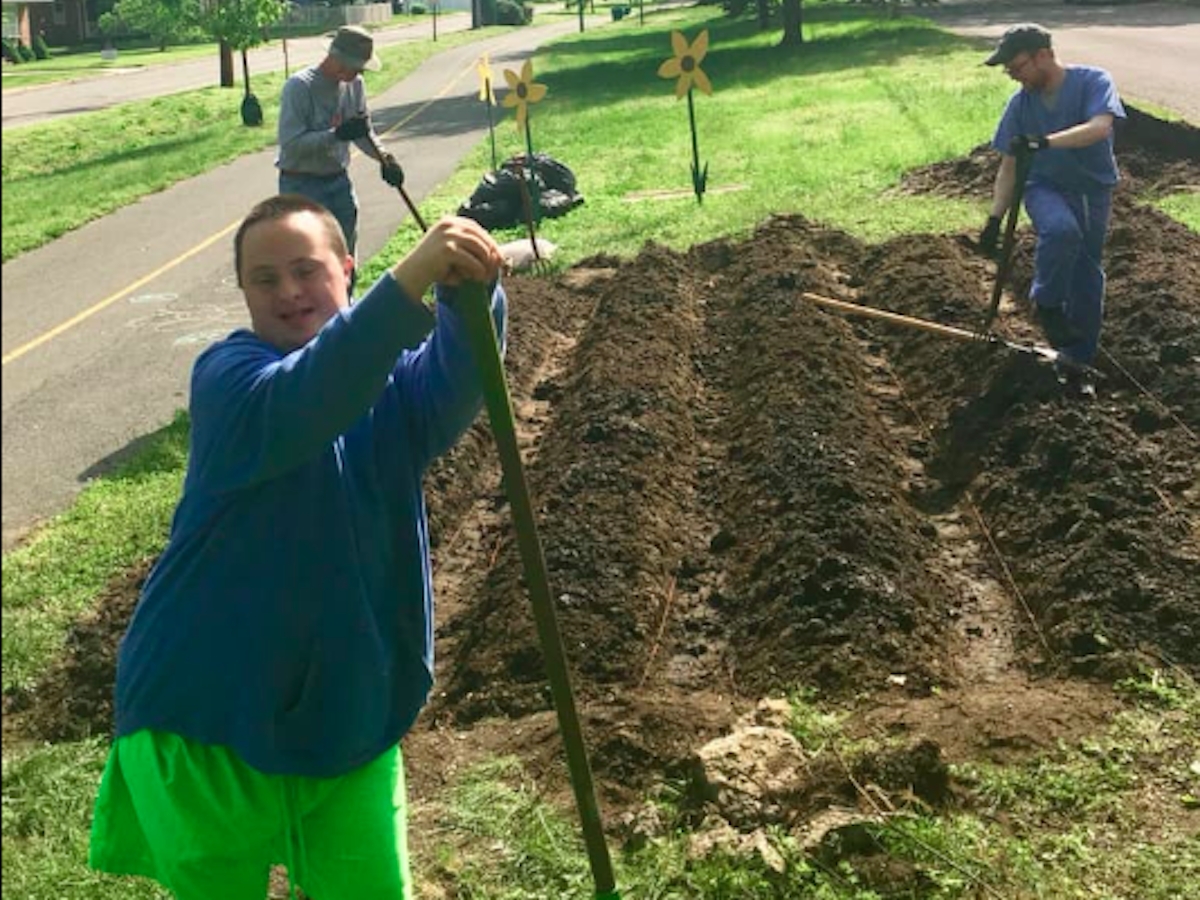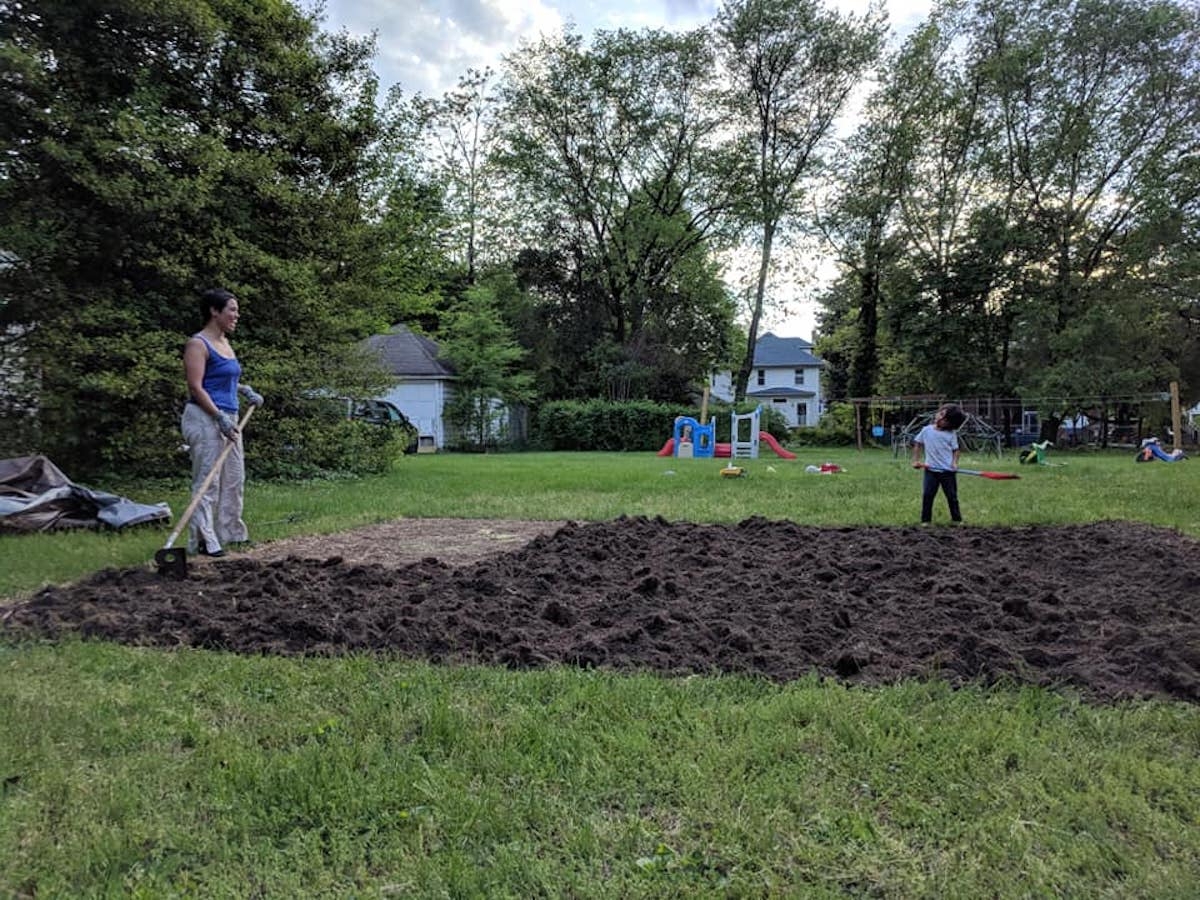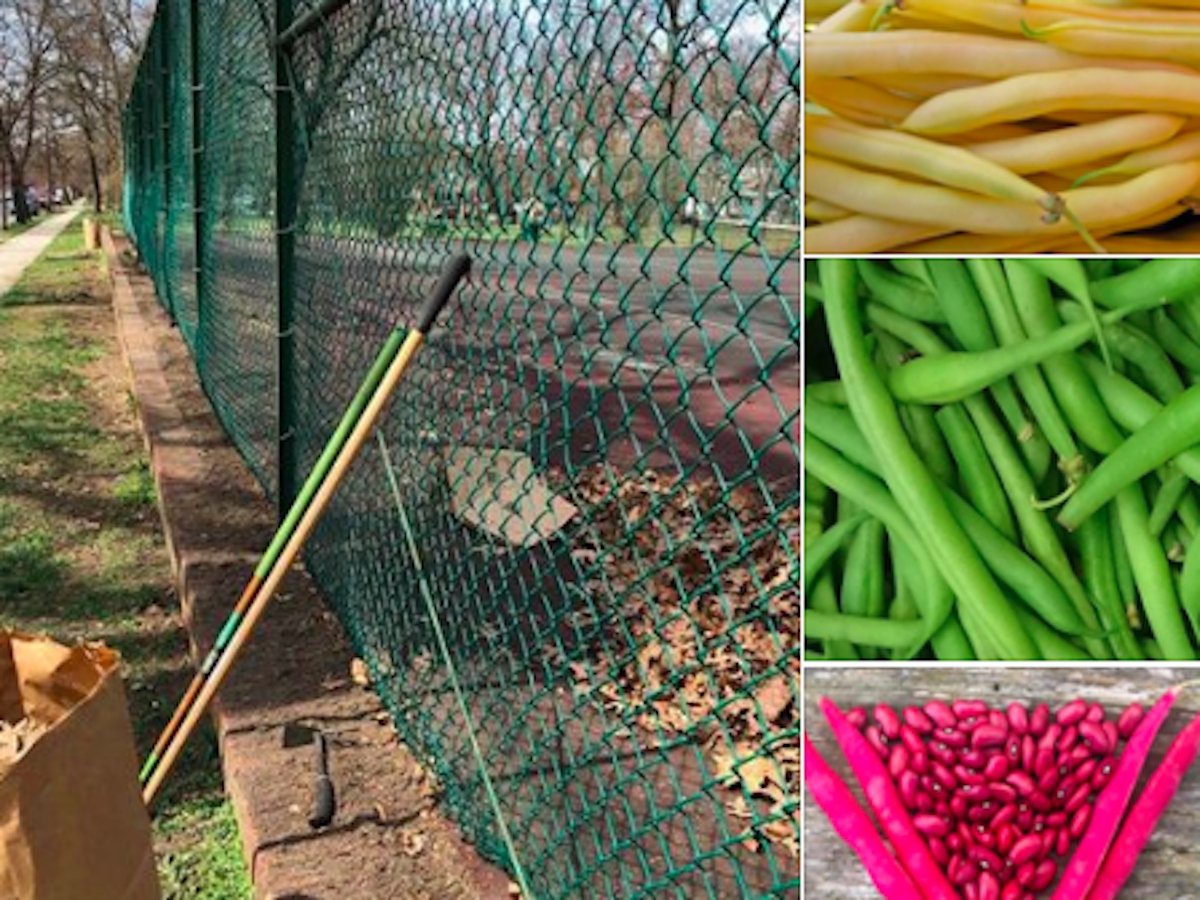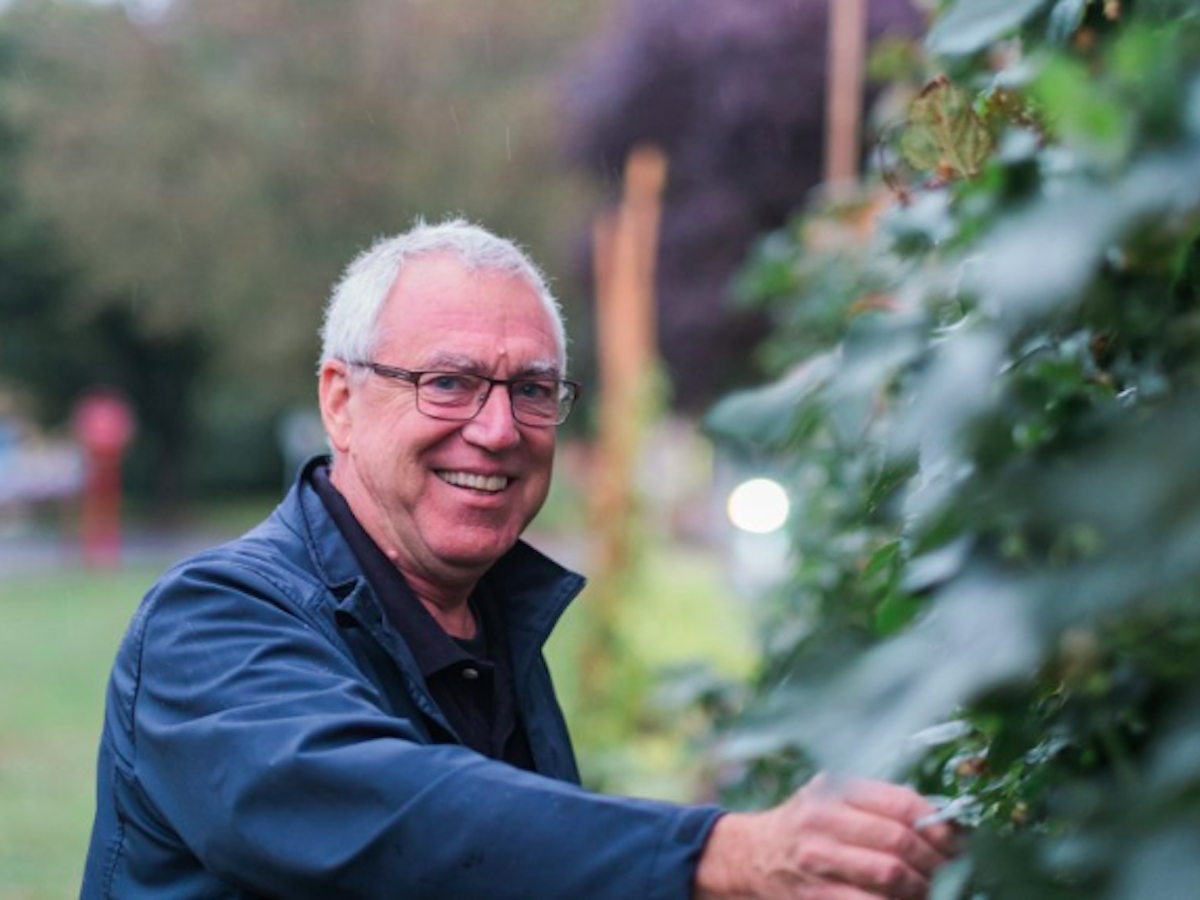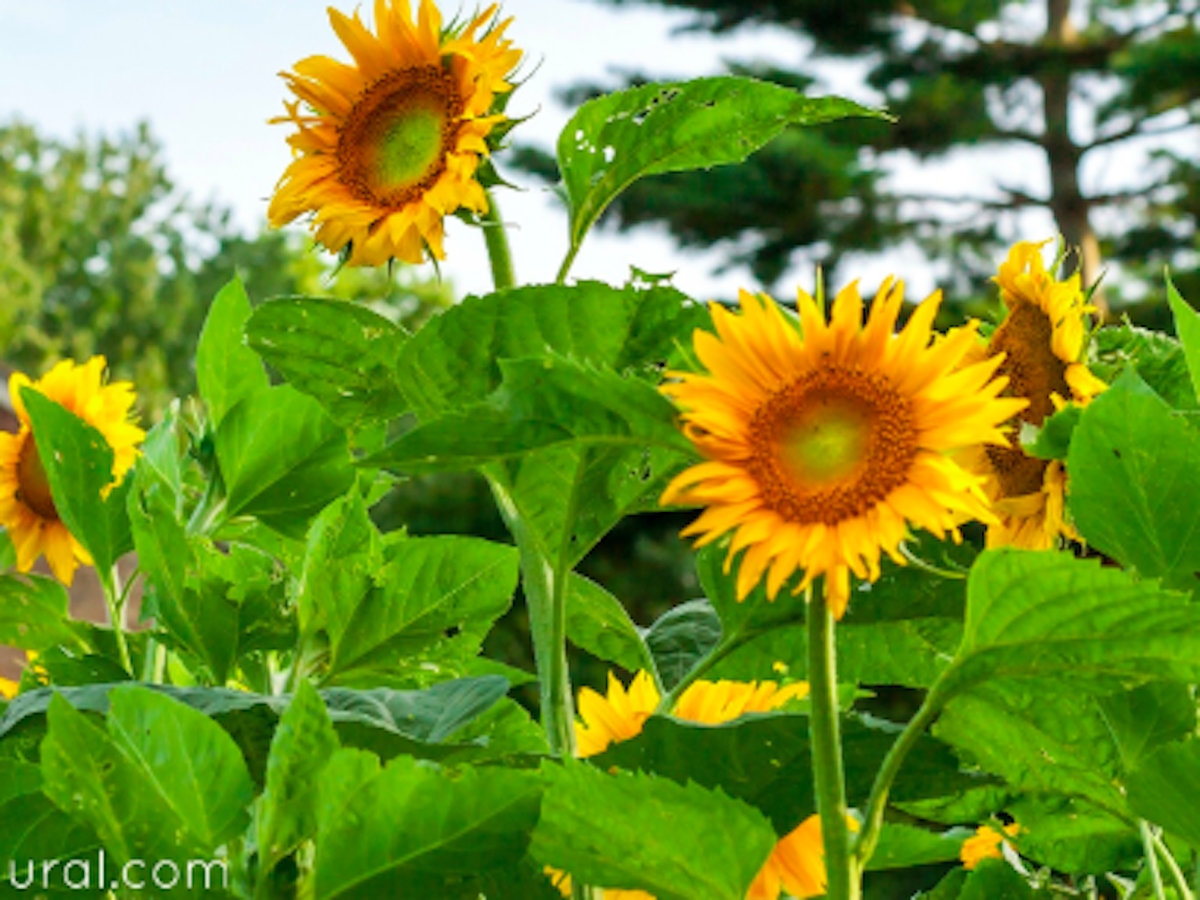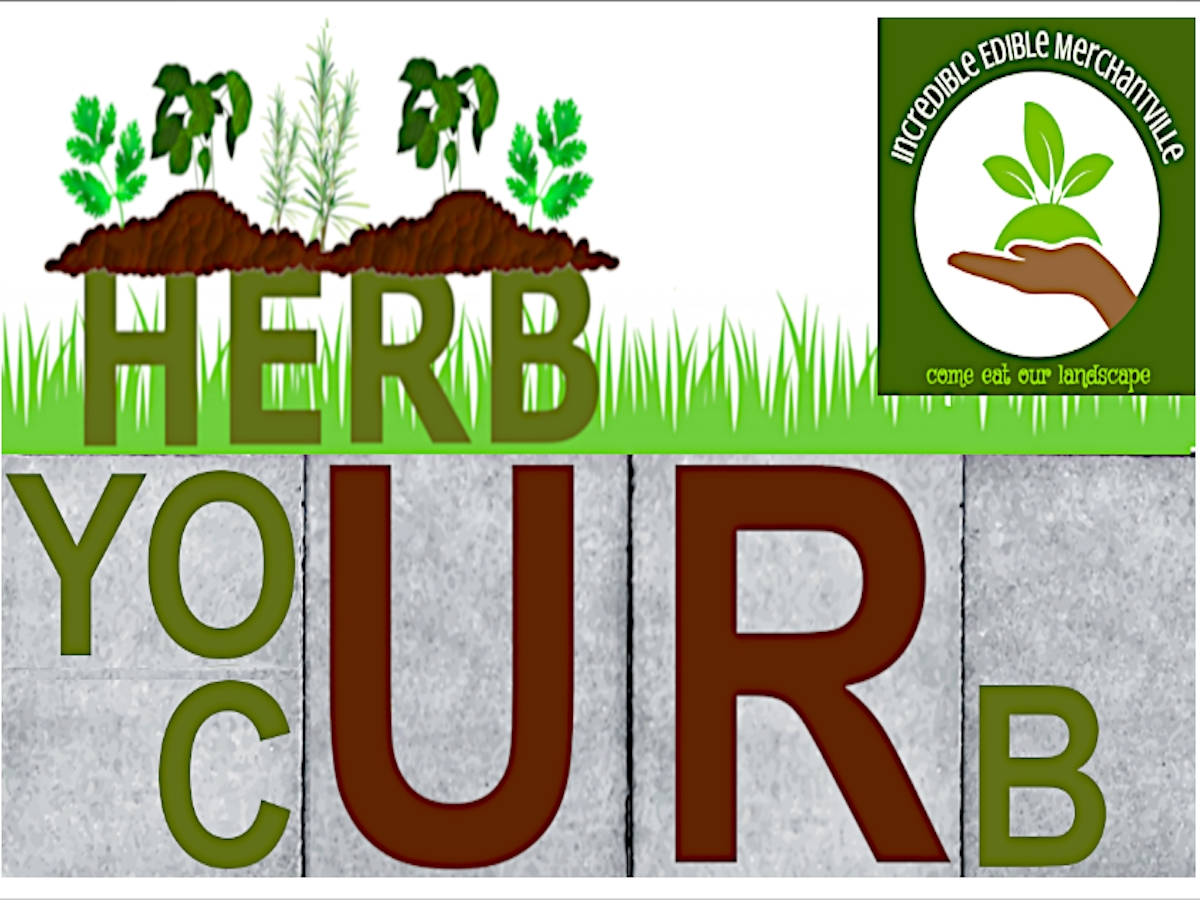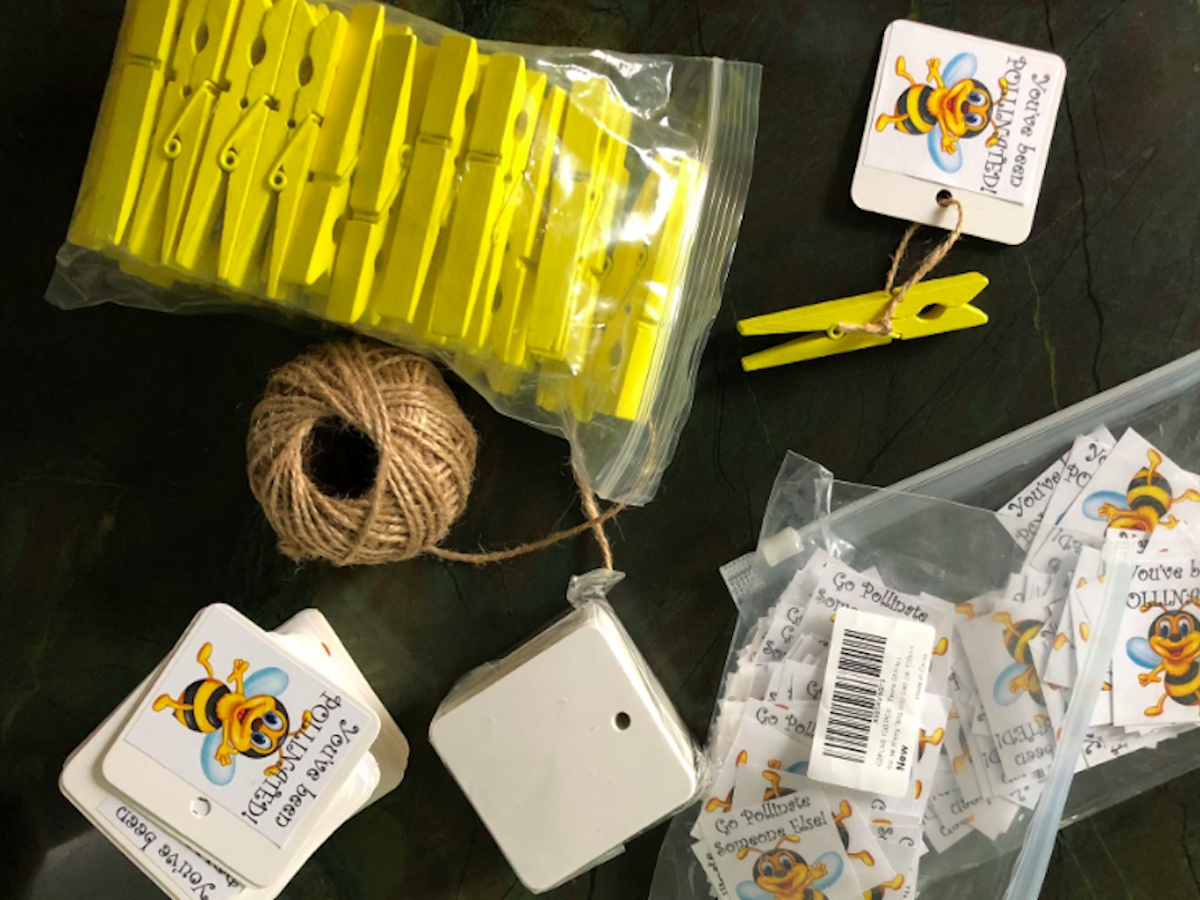On Saturday, May 11th, at the corner of browning Road and West Chestnut Avenue along the bike path, volunteers from IE Merchantville and the Garden Club gathered to get their hands dirty helping to plant Merchantville's first Sunflower Garden. Lots of fun and learning took place as all participants enjoyed an opportunity to invest in community spirit.
Garden sharing underway
Are you able to have a garden this year? Interest in growing food is on the rise in Merchantville, but having your own plot of produce or herbs may seem impossible if you lack enough outdoor space, sun or just don’t know how to garden. The answer is garden sharing and it's happening here. According to the National Gardening Association, at least 2 million people have caught onto this idea and are gardening at the home of a friend, neighbor or relative already. It’s a great way to get more people growing food, eating healthier and building connections in their community. Learn more and share your green space!
Beans, beans, beans
Beans for our small action IE project, "Jack's Beanstalks", at the Wellwood Park Tennis Courts include Provider Green beans and Golden Rocky beans from the Experimental Farm Network, a seed program that facilitates collaborative plant breeding and sustainable agriculture research in order to fight global climate change, preserve the natural environment, and ensure food security for humanity into the distant future. They believe participatory plant breeding on a massive scale can lead to breakthroughs to help us not only adapt to climate change, but one day actually stabilize the climate. We will also be planting Red Silk beans from True Love Seeds, a seed company offering rare, open pollinated, and culturally important vegetable, herb, and flower seeds. Our seeds are grown by more than 20 small-scale urban and rural farmers committed to community food sovereignty, cultural preservation, and sustainable agriculture.
Plant some hops
We still have free hop rhizomes at Eclipse. Just come in and ask. If Chris is there, he will give growing tips. Growing your own hops is a rewarding and surprisingly easy way to make your brew. Plant the hop rhizome. Dig a 4-inch hole in each mound and lay the rhizome into the hole horizontally, with the root side down. Loosely pack the soil down over the plant and cover with straw or mulch to prevent weed growth. Keep the soil consistently moist until the vines begin to sprout.
May IE meeting
The monthly meeting for IE Merchantville will take place on Wednesday, May 1st at 7:00 p.m. at the library. Group members, community stakeholders and interested residents/neighbors are invited to attend. Incredible Edible Merchantville is an eco-friendly collaborative project intended to grow the Borough beyond our farmers market to create a supportive culture of understanding, learning and action towards environmental stewardship and a healthy, sustainable future.
Join Us "Herb Your Curb"
Our environment often seems to be dominated by pavement, and ripe for community greening. That narrow space between the sidewalk and street curb we know as the hellstrip is sometimes planted in grass, filled with weeds or simply bare trampled earth. One of IE Merchantville's small action projects this year is to improve land stewardship on these Borough spaces by encouraging residents to "Herb Your Curb". Join our efforts by creating a native herb habitat in this forgotten space. It will cool ground temperatures, absorb and filter rainwater, support pollinators, and bring a smile to the passersby. It is important to remember that the hellstrip is a public space, even if you own the property, so keep that in mind when planning. IE has a team of gardening experts who can help you with this. This email address is being protected from spambots. You need JavaScript enabled to view it.!
Welcome pollinators
Stop by the Incredible Edible Merchantville table at the Daffodil Fest tomorrow. Help us pollinate the town landscape and learn about our project. Grab a clothespin from the basket and and a bee tag from the bin. Bee very sneaky . . . Just buzz around . . . Clip on a clothespin . . . Before you're found! With lots of kids . . . and adults we'll get this job done,


